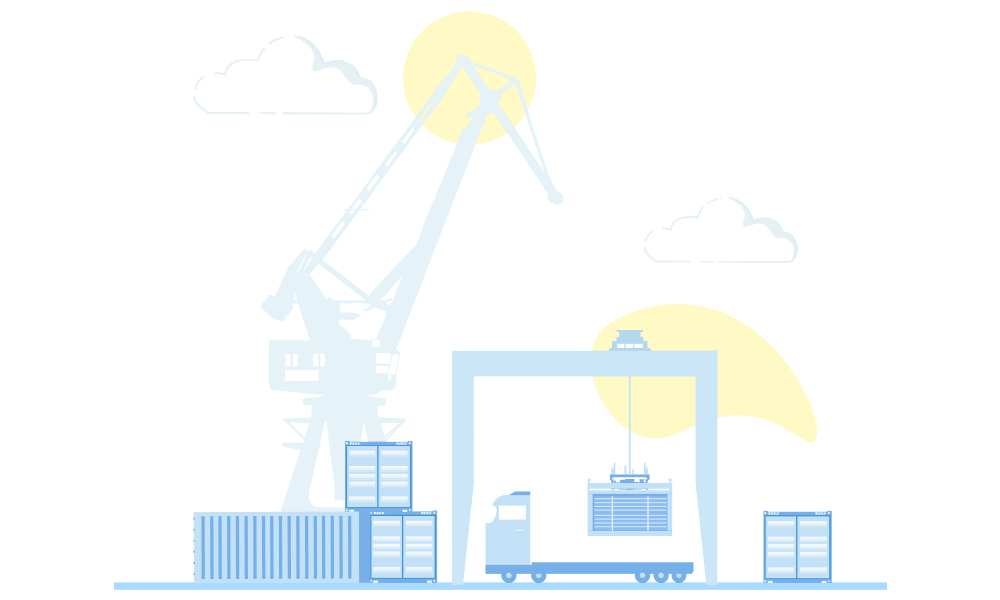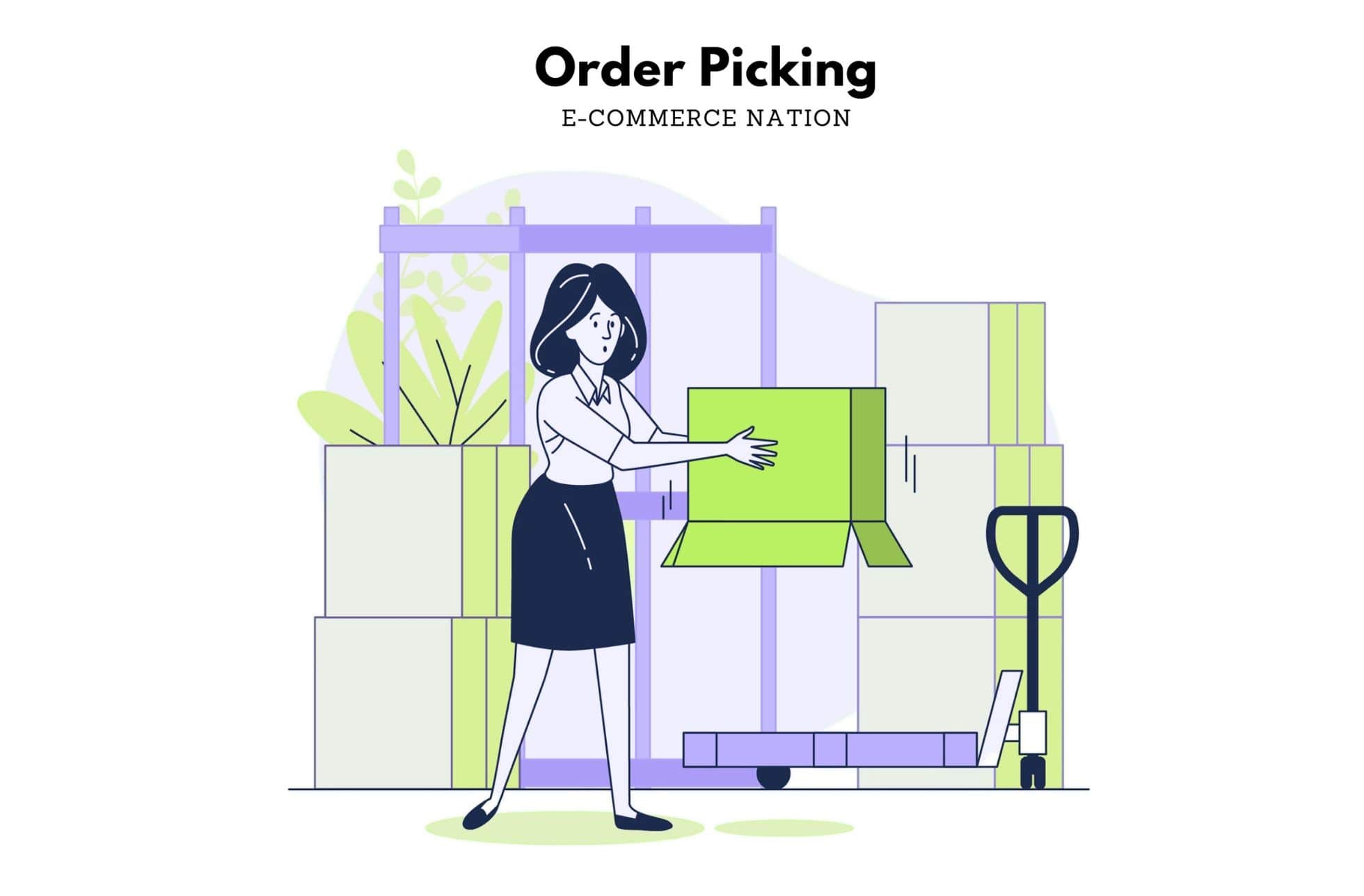2019 and 2020 will pose many challenges to e-commerce: the eruption of Chinese e-commerce, increasing restrictions on regulation, greater local competition, new commercial actors, etc.
In this context, logistics are particularly important. Is it always possible to have exclusive products with good value for money? And if so, what happens when other companies match us? Deliveries make all the difference.
Over the next few years, various trends in e-commerce logistics will take hold. We are talking about IA, blockchain, smart contracts, and other new technologies. But also about ecology and last mile management.
Some of these trends were present in past years. But in the future, they will become essential for the commercial success of e-commerce companies.
What are the main trends in e-commerce logistics?
In the following lines, you will discover some of the novelties and logistics trends that will break with everything in the coming years. Are you going to miss them?
IA to revolutionize logistics
The evolution of Artificial Intelligence and other derived technologies (machine learning, for example) promise before and after brands in e-commerce logistics.
But what are we talking about when we talk about Artificial Intelligence, about robots working hard in a warehouse? Nothing like that!
The applications of this technology include the recognition of gestures instead of keyboards and mice or the use of autonomous vehicles (without human intervention), to cite two examples.
Although AI and automation are different concepts, it becomes evident that this technology will contribute to eliminating all tasks that are redundant or very tiring in the management of logistical shipments.
The idea behind trends in retail logistics is not (or should not be) to replace workers but to help them improve their performance for the benefit of their e-commerce delivery.
Eco logistics as a reinforcement of social marketing
Social marketing (not social media marketing) has increased its popularity among brands. They all claim to be advocates of equality, sustainability, civil disobedience or social justice.
For certain e-commerce stores, it becomes evident that sustainability is an important value for their consumers, and this is where ‘eco’ logistics begin to make sense in their investments.
Did you know that the transport sector accounts for approximately 10% of polluting emissions, according to Greenpeace?
It is obvious that Amazon, AliExpress or Zappos indirectly contribute to this problem. For this reason, more and more e-commerce stores are betting on the use of eco-friendly logistics providers, as well as on sustainable packaging.
Embracing the environment will be important for e-commerce stores in the coming years, as well as putting a little ‘green’ in their curriculum, in order to appease the most demanding consumers.
Blockchain and smart contracts
Another trend in e-commerce logistics relates to Bitcoin. Yes, the famous crypto money that reached $19,000 overnight, to plummet just as fast.
Blockchain technology has applications beyond crypto dynamics. Logistics, for example, will be one of the main beneficiaries of its innovations. And it will do so through smart contracts.
Smart contracts are difficult to explain: we are talking about digital contracts that have the capacity to execute themselves and operate with greater autonomy, speed, and transparency than traditional contracts.
For example, one of the great advantages of smart contracts will be the absence of third parties, necessary to validate the document. These contracts would not need this verification.
These intelligent contracts will be just one of the many solutions offered by blockchain technology for commercial logistics.
SaaS and cloud computing
The use of SaaS software has become widespread among logistics companies. However, 2019 and 2020 will open the door to cloud computing, a technology that has not yet spread.
Saas and cloud computing are great allies! The security and protection of software as a service adds to the flexibility, scalability and cost savings of cloud services.
Without a doubt, one of the most interesting trends in logistics in 2019.
Last mile logistics
Logistics is evolving by leaps and bounds, but many of its problems persist. For example, the many frictions during the final delivery. Hence the term last mile or last mile logistics.
The aim of this trend is to deliver products to the final consumer as quickly as possible. Quite a discovery, isn’t it?
Actually, last mile management is much more than that.
Omnichannel needs have forced e-commerce stores to assess the current capacities of the transport to optimize it to the maximum. For example, most online stores no longer use a single general supplier, but multiple local suppliers.
This is just one of the many consequences of last mile logistics. Your goal is as simple as transporting a product from the warehouse to the customer’s hands. And it’s no small challenge, far from it.
But it is not enough to know these trends in e-commerce logistics. The best online stores must take the step and implement them before their commercial rivals.
Only in this way will they gain a competitive advantage in deliveries, which are the final link in the value chain of any e-commerce.





